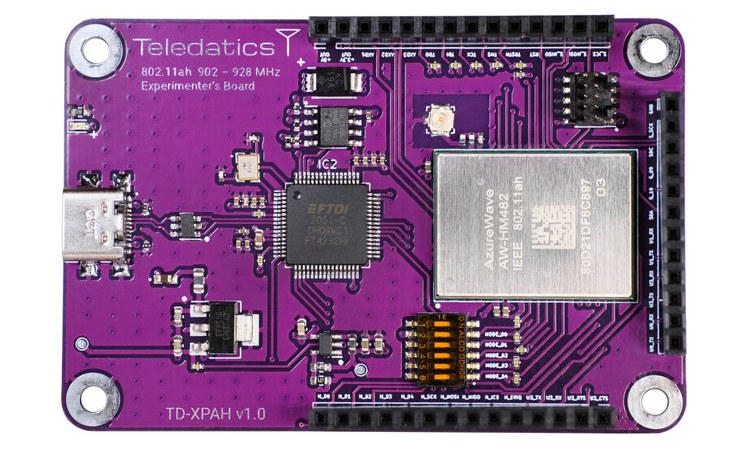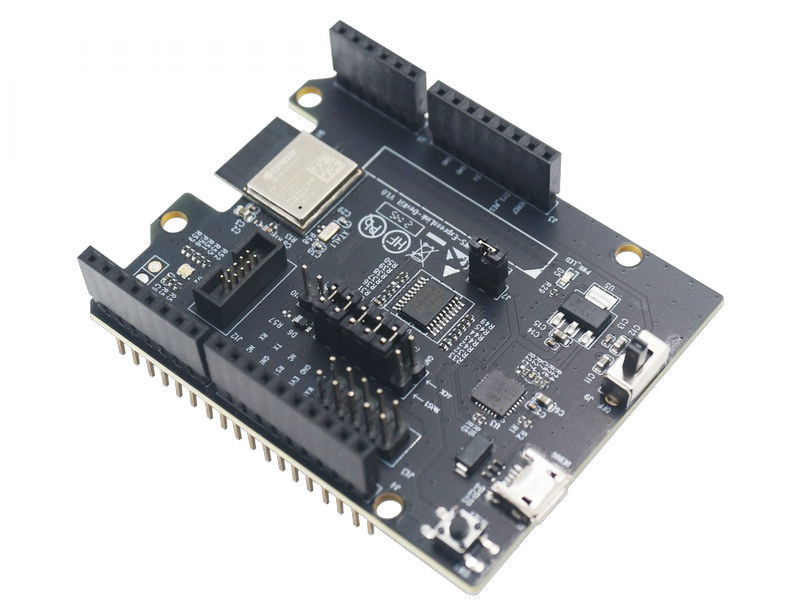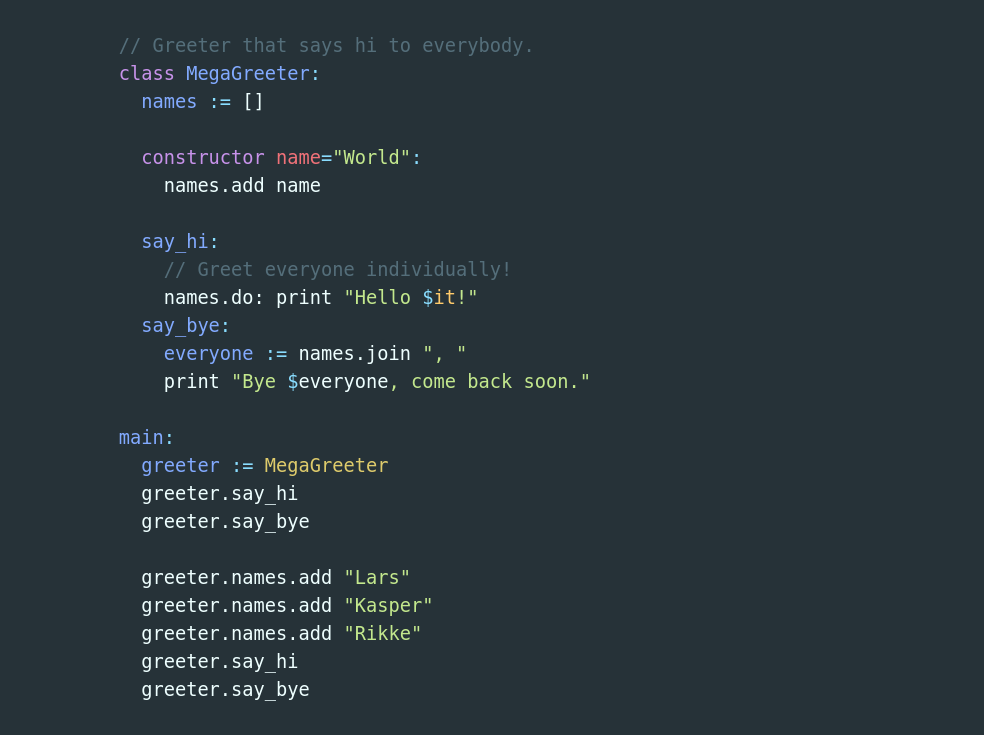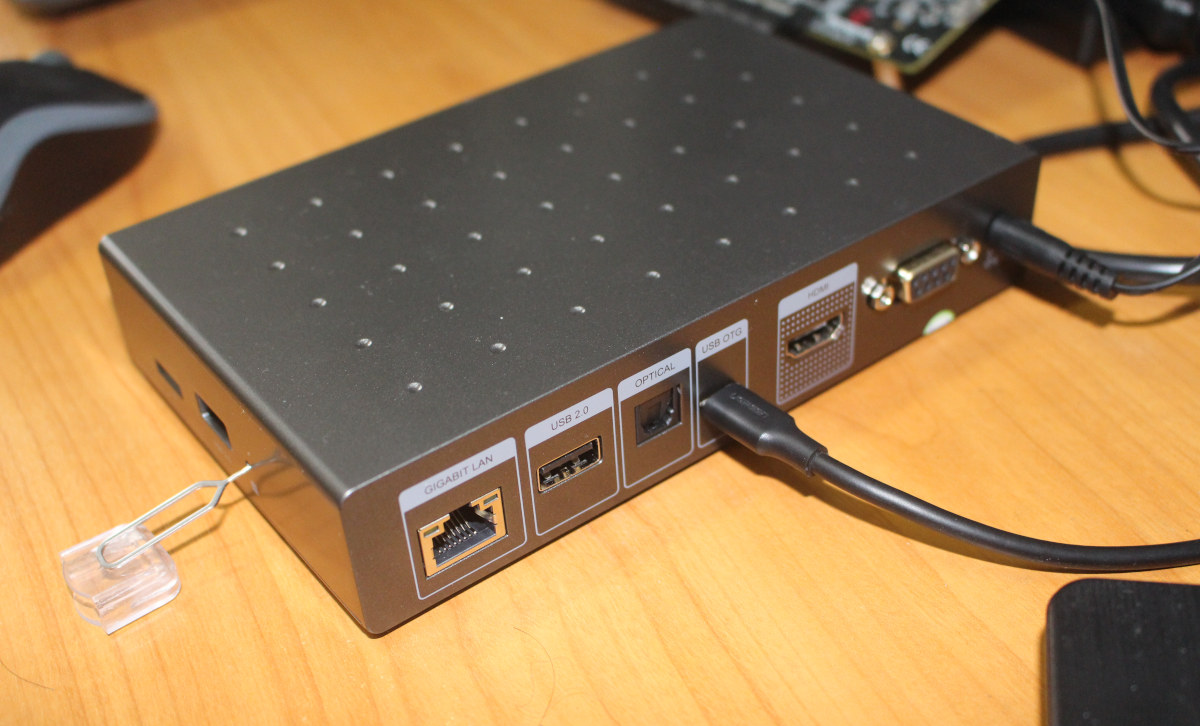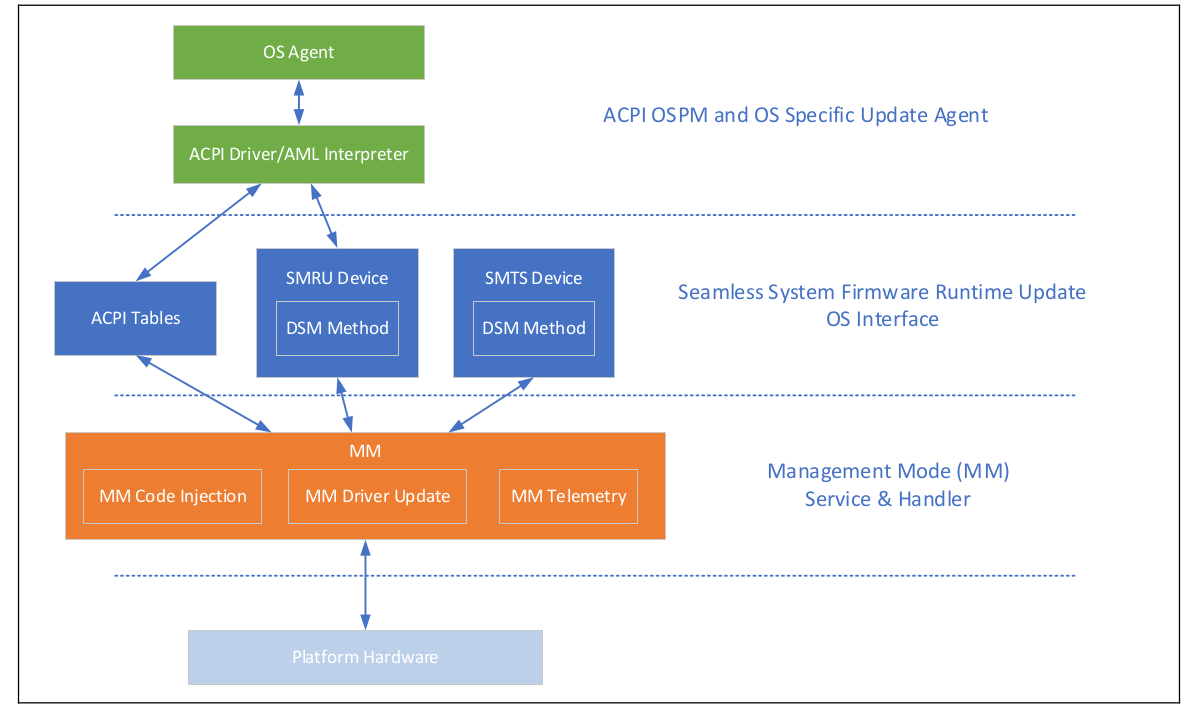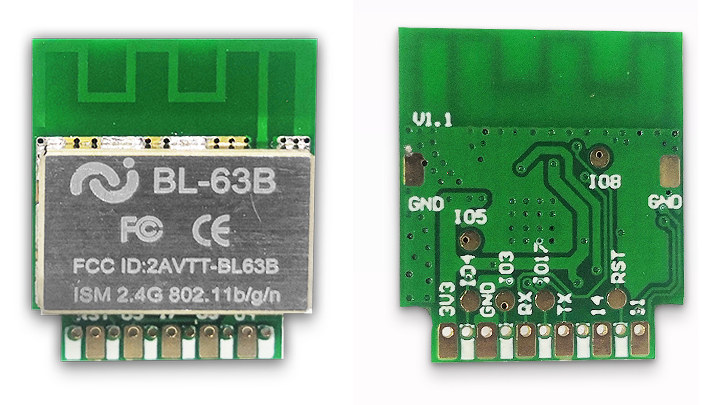Avnet has just released a survey of global engineers asking them how they were coping with the global chip shortage, longer lead times, and the impact on product design. Note that most of the 530 respondents are from EMEA (56%), and the US (31%), while only 10% are in Asia, and 2% are in Japan (I understand Asia means ex-Japan here), so it may not perfectly reflect the global situation, but the results are interesting nonetheless. If times have been challenging for your company/project, know that you are not alone, and 98% percent of respondents have had troubles accessing parts, 93% has experienced longer lead times, 73% of the survey respondents say the chip shortage presents a significant challenge, and 64% are now selecting parts based on availability rather than preference. Microcontrollers are the most challenging part to get hold of (think STM32), which has led to an increase in […]
802.11ah WiFi HaLow development board launched for $99 (Crowdfunding)
When 802.11.ah WiFi operating in the 900 MHz frequency range for low-power long-range communication was announced in 2014, then named WiFi HaLow in 2016, I naively assumed it would soon compete against other LPWAN standards like LoRaWAN or Sigfox. However, over the next few years, we did not see much interest in the wireless standard. But it may be picking up now, as Gateworks recently announced a Newracom NRC7292 based 802.11ah WiFi HaLow Mini PCIe module for their Arm Linux SBC’s, and a company called TELEDATICS has now introduced the Halo TD-XPAH 802.11ah Hallow development board featuring an AzureWave AW-HM482 module. Halo TD-XPAH board specifications: 802.11ah WiFi HaLow connectivity AzureWave AW-HM482 module based on Newracom NRC7292 Cortex-M3/M0 SoC with 752KB RAM, 2MB flash Compliant with IEEE 802.11ah WiFi HaLow operating in 902.0 ~ 928.0 MHz range Up to 15 Mbps data rate Up to at least 1km range, but can […]
FOSDEM 2022 schedule with embedded Linux, IoT, automotive… sessions
While typically taking place in Brussels, Belgium, FOSDEM 2022 will take place online just like FOSDEM 2021 due to COVID-19 restrictions. The good news is that it means anybody can attend it live from anywhere in the world, and makes it more like “FOSDIM”, replacing European with International, in “Free and Open Source Developers’ European Meeting”. FOSDEM 2022 will take place on February 5-6 with 637 speakers, 718 events, and 103 tracks. I’ve made my own little virtual schedule below mostly with sessions from the Embedded, Mobile and Automotive devroom, but also other devrooms including “Computer Aided Modeling and Design”, “FOSS on Mobile Devices”, “Libre-Open VLSI and FPGA”, and others. Saturday, February 5, 2022 12:30 – 13:00 – Five mysteries in Embedded Linux by Josef Holzmayr Once you start out in embedded Linux, there is a lot to do. Some things are obvious, some less so. First and foremost, […]
ESP32-C3 AWS IoT ExpressLink module & devkit aim to ease connection to AWS IoT services
Amazon and Espressif have launched another wireless module with the ESP32-C3 AWS IoT ExpressLink module together with a development kit supporting out-of-the-box AWS IoT connectivity, following their earlier collaboration with the launch of the ESP32-PICO-V3-ZERO Alexa Connect Kit Module last summer. Also called the “ESP32-C3-MINI-1-N4-A”, the ESP32-C3 AWS IoT ExpressLink module implements the AWS IoT ExpressLink specification and provides AWS IoT Core connectivity to a host MCU via AT commands over a UART interface. Pre-provisioned and pre-programmed with ease integration the module supports WiFi configuration, messaging, OTA, and device management. The compact (16.6 x 13.2mm) ESP32-C3 module is currently offered as part of the ESP32-C3-AWS-ExpressLink-DevKit development board following the Arduino Zero board form factor allowing it to be plugged into the Arduino board, or easily connect to other host systems such as the Raspberry Pi. The goal is to simplify the deployment of IoT solutions removing the need for […]
Toit open-source language claims to be 30x faster than MicroPython on ESP32
Developed by a team of former Google employees, Toit is a complete IoT platform with remote management, firmware updates for fleets of devices with features similar to the one offered by solutions such as balena, Microsoft Azure, or Particle edge-to-cloud platform. Toit currently works on ESP32 microcontrollers using lightweight containers, and after seeing existing high-level languages MicroPython and Javascript were not fast enough on low-end microcontrollers platforms, the team at Toit started to develop the Toit language in 2018, and has just made it open-source with the release of the compiler, virtual machine, and standard libraries on Github under an LGPL-2.1 license. One of the main reasons to switch from MicroPython to the Toit language is if your application is limited by performance or you operate ESP32 from a battery, as Toit claims up to 30x faster performance with Toit on ESP32: We went into crunch mode and some months […]
How to flash firmware to Rockchip devices in Windows and Linux (2021 Edition)
We’ve written several articles detailing methods to flash firmware to Rockchip devices in Windows or Linux over the years, with tools like RKAndroidTool, RkFlashKit, upgrade_tool, or the open-source rkdeveloptool utility. This is mostly useful to flash another OS or if the device does not boot, as most products will now support OTA firmware updates. But following my review of Zidoo M6 with Android 11, I’ve now got a Linux image for the Rockchip RK3566 mini PC, so let’s revisit the firmware flashing methods in 2021. Zidoo sent me instructions for Windows, but since I’m a Ubuntu user, I flashed the firmware with the Linux tools used by Firefly. The same methods should work for the older processors such as RK3066, RK3288, and RK3399, besides the more recent Rockchip RK3566 and RK3568 processors. How to flash Rockchip firmware in Linux [Important update: If your device comes with both eMMC flash and […]
Intel Seamless Update to enable BIOS/UEFI firmware updates without a reboot
Updating the BIOS/UEFI binary usually requires a reboot, but Intel is working on changing that, at least on Linux servers for now, with the Intel Seamless Update aiming to carry out system firmware updates (e.g. UEFI) at run-time without having to reboot, a bit like what Canonical does with the Ubuntu Livepatch service, but at a lower level in the software stack. Intel submitted a patch that “Introduces Platform Firmware Runtime Update and Telemetry drivers” to the Linux kernel mailing list a couple of days ago with the description reading in part: High Service Level Agreements (SLAs) requires that the system runs without service interruptions. Generally, system firmware provides runtime services such as RAS (Reliability, Availability and Serviceability) features, UEFI runtime services and ACPI services. Currently if there is any firmware code changes in these code area, the system firmware update and reboot is required. Example of bug fix could […]
BL-63B – A smaller BL602 IoT module that sells for $1.5
Bouffalo Labs BL602 is a low-cost, low-power RISC-V microcontroller that offers 2.4 GHz WiFi and Bluetooth 5.0 LE connectivity for IoT projects for about the price of ESP8266. We first discovered it last year, together with a development board. Pine64 created its own PineCone board fitted with the $2 PineNut module, and some reverse-engineering work has started on BL602 SDK. But there’s now another smaller BL602 module with “Machine Intelligence” (that’s the company name) BL-63B that sells for $1.5 on Taobao in China, as well as on LCSC Electronics albeit you’d need to purchase 1000 pieces to get that price, and single-unit pricing is currently $2.5. BL-63B WiFI & BLE module specifications: SoC – Bouffalo Labs BL602 32-bit RISC-V processor @ up to 192 Mhz with 276KB RAM, 128KB ROM, 1Kbit eFuse, WiFi and BLE Storage – 2MB flash Wireless 2.4GHz 802.11b/g/n WiFI 4 1×1 SISO up to 65 Mbps […]



